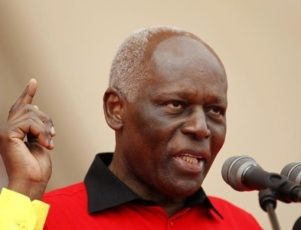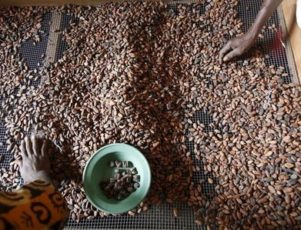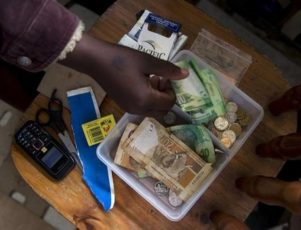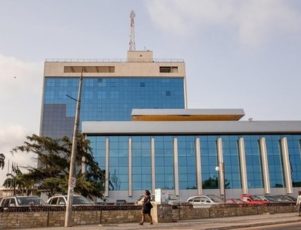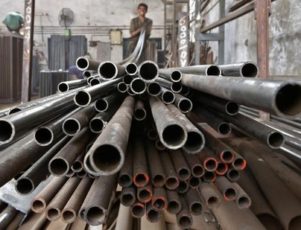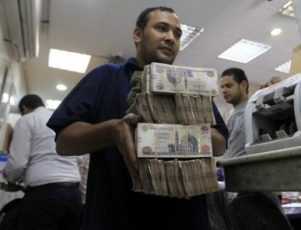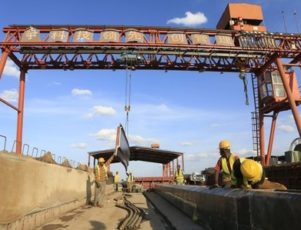LUANDA (Reuters) – Angola will begin loan negotiations with the International Monetary Fund (IMF) this month as lower oil prices hammer the finances of Africa’s second-largest crude exporter, the Finance Ministry said on Wednesday.
Angola’s economy has grown rapidly since a 27-year civil war ended in 2002, peaking at 12 percent three years ago, but a sharp drop in oil prices has sapped dollar inflows, dented the kwanza and prompted heavy government borrowing.
Oil output represents 40 percent of gross domestic product and more than 95 percent of foreign exchange revenue. Brent crude traded below $39 a barrel on Wednesday, down more than 30 percent compared with a year ago. [O/R]
“The government of Angola is aware that the high dependence of the oil sector represents vulnerability for the public finances and the economy in an extensive way,” the Finance Ministry said in a statement.
“The government requested the support of the IMF for a supplementary programme … taking account of the decline in the price of petroleum.”
Finance Minister Armando Manuel told Reuters in March that Angola had no plans to approach the IMF for loans.
Angola will work with the IMF to design reforms aimed at improving fiscal discipline, simplifying the tax system and increasing transparency in public finances and the banking sector, as part of loan talks, the ministry statement said.
It added that the focus of its economic diversification efforts will be growing the agriculture, fisheries and mining sectors.
The ministry said the government was also implementing an ambitious programme of fuel subsidy reforms to shore up the country’s finances.
(Reporting by Herculano Coroado; Writing by Joe Brock; Editing by Alison Williams)

